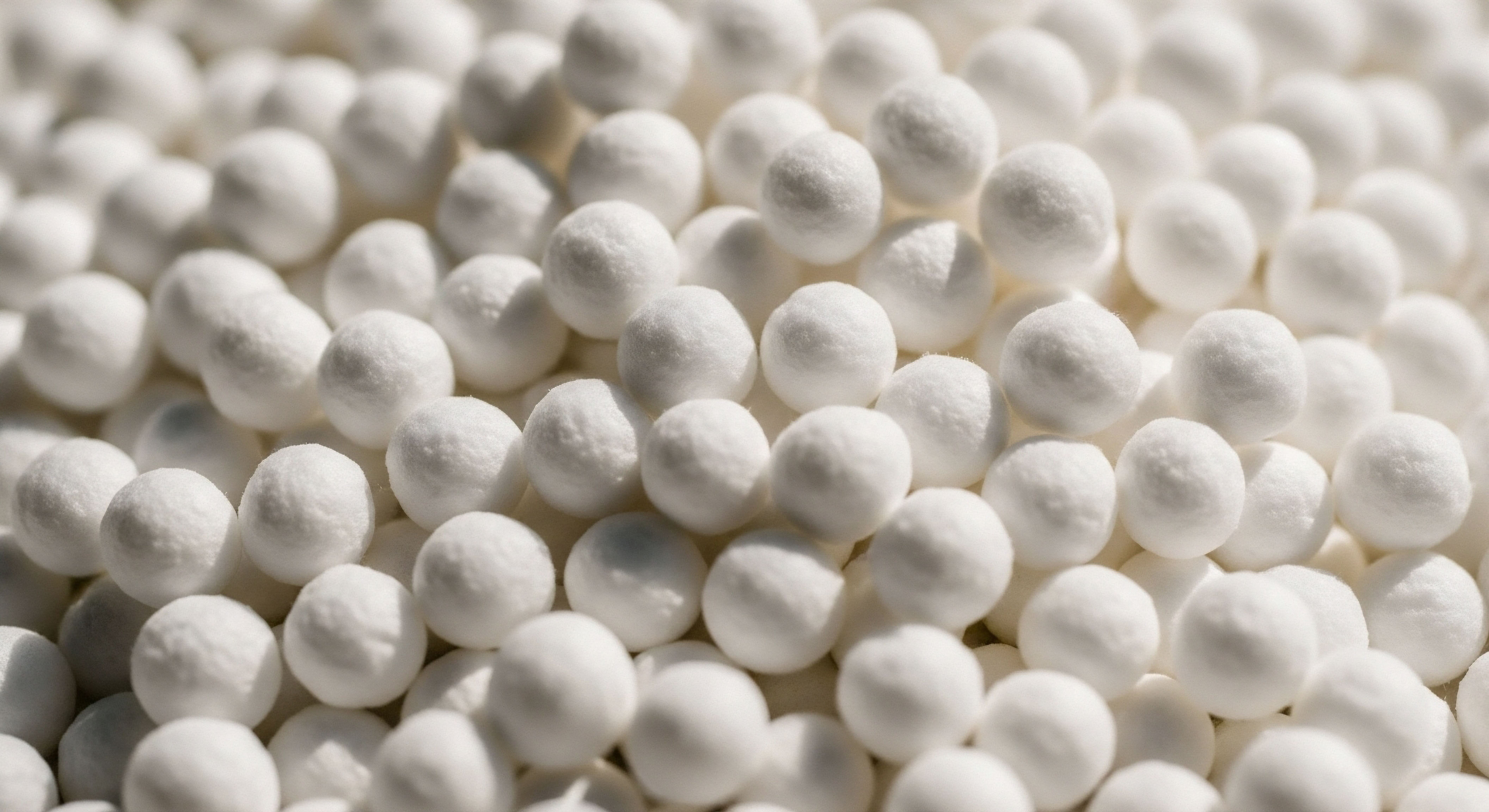Nightly Calibration for Superior Waking Capacity

Precision endocrine tuning during sleep delivers the decisive advantage for metabolic clarity, cognitive speed, and unyielding daytime drive.
HRTioOctober 4, 2025




